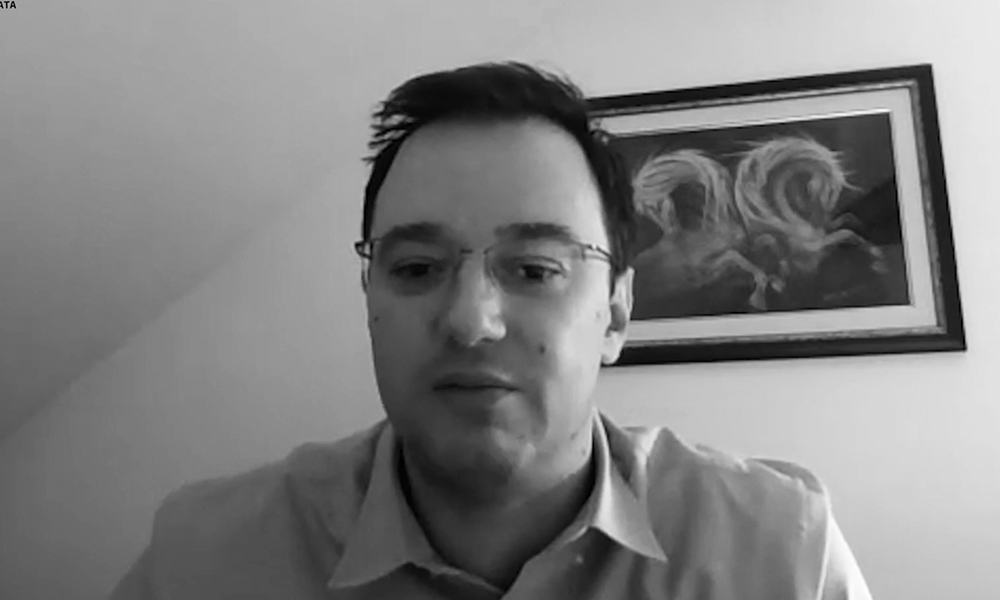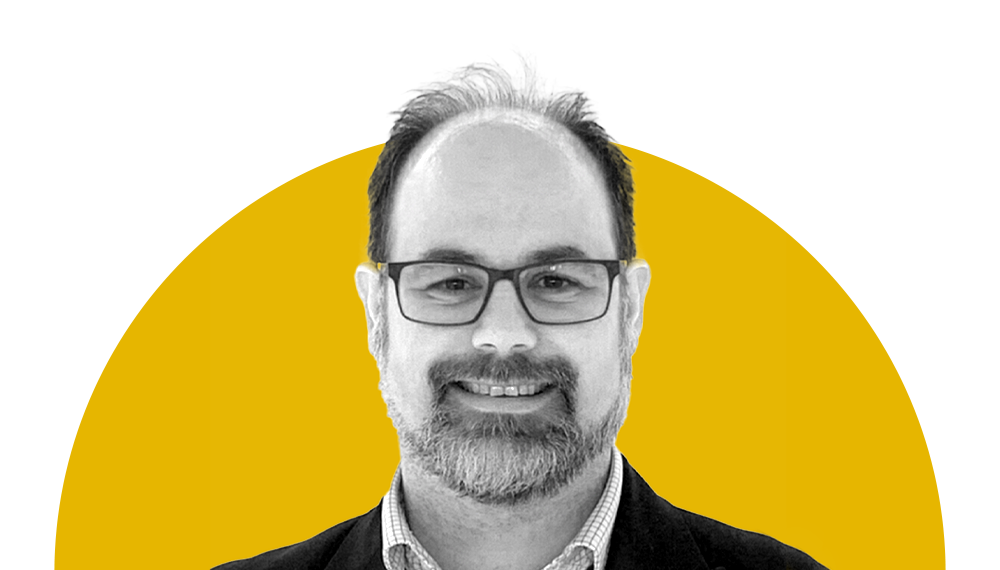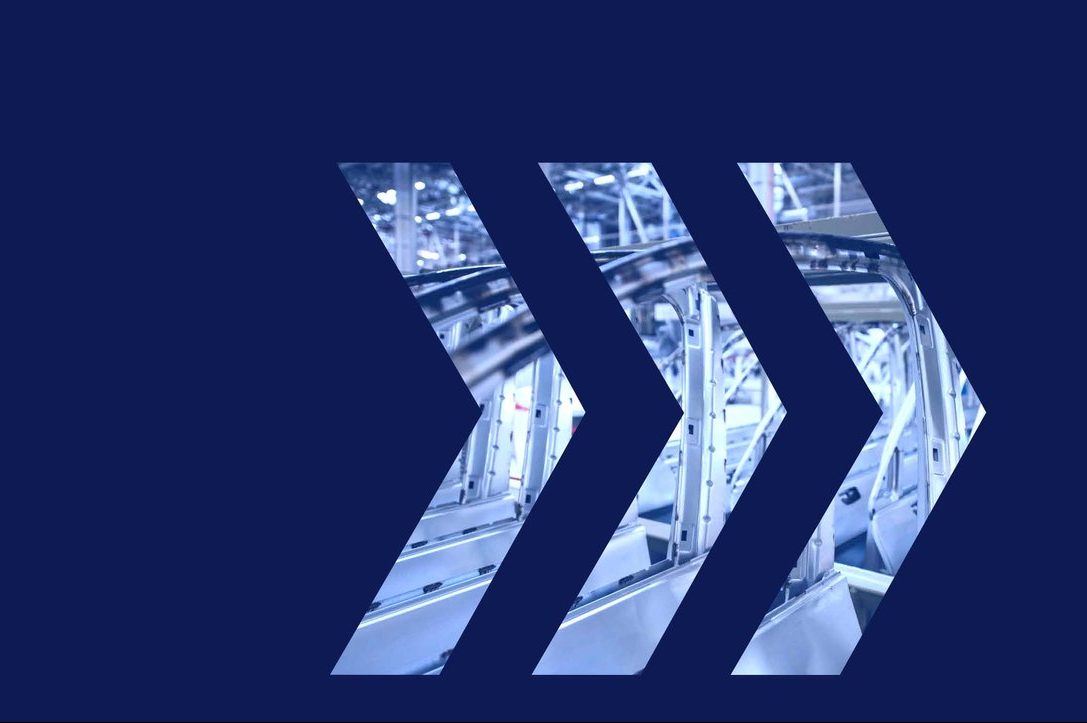
Photograph: Arthur Mazi/Unsplash
Since we evolved the capabilities, humanity’s drive has always centred on optimisations that better manage the earth’s resources that allow us to harness the most advantages. With the pressure to move forward to a more sustainable society, traditional optimisation goalposts – around getting more, moving faster and, in the case of business, being more profitable – are shifting.
Organisations are asking new, difficult questions about how we work, create and consume. Rather than be daunted, however, forward-thinking organisations are viewing this phase as a ‘blue ocean’ of opportunity to explore.
The Covid-19 crisis has shown societies can pivot quickly, and that a fundamentally different allocation of resources is possible, albeit temporarily. The question is can ‘optimal configuration’ be aligned to new sustainability goals long-term?
How can we, as business innovators, keep one step ahead of these changes? Technology, and particularly new Quantum Computing power, is already finding exciting applications.
Time is of the essence
Societies throughout recorded history, from nomadic herdsmen to hard-nosed city investors, have organised themselves around the limitations of the resources available to them.
Be it stone and sand or dollars and yen, much of the work of humans has been motivated by the management, movement and ownership of things. Regardless of whether social policy came from democracy or dictatorship, whether transactions were governed by capitalist or socialist ideals, or whether individual morality was directed by mono- or polytheistic religions (or, in fact, no religion at all), what got people out of bed every morning was a need to control what was around us for gain.
However, today the heuristics of contemporary pure growth models are widely understood to have stalled. If we have reached an end, how do we move forward?
Success will not come from predictable places, and the proven innovation paradigm of ‘fail fast, fail often’ will grow in importance. Analysts will need to evaluate approaches in this field not by outcomes, as we’ve grown used to, but by the throughput of any exploratory approaches in themselves.
The Covid-19 crisis has shown societies can pivot quickly and that a fundamentally different allocation of resources is possible, albeit temporarily. The question is, can ‘optimal configuration’ be aligned to new sustainability goals long-term? Assuming it can, how would we go about such a move practically? The painfully slow process of gaining political consensus on these issues implies it won’t be easy. Using outdated assumptions and algorithms, some of which date back centuries, is part of the problem.
Success will come from finding new ways to frame questions themselves. Of course, businesses are not necessarily motivated by the greater good either. Change will ultimately come when rewards can be realised. These will surely come to the first movers in any brave new world. It will not only pay then to find solutions; it will pay to do it quickly.
The fifth industrial revolution
Some say we are currently in flux between a fourth and fifth industrial revolution. The first two, in the 19th and early 20th centuries, were the result of great strides in mechanisation and the exploitation of fossil fuels. Early computing and mass communication kickstarted the third, and digitisation and the internet led to a fourth.
The one thing we can say about the fifth industrial revolution, whatever form it takes, is it will be here sooner than we think. The Japanese government has already launched a Society 5.0 initiative, for example, that focuses on new, more human-centred measures for their nation’s growth. There will clearly be commercial winners and losers in such developments.
Nobody can deny that traditional computing has played a great role in propelling our economies to unprecedented wealth and wellbeing. But what of finding answers to tomorrow’s challenges?
For businesses to prosper in the uncertain days to come, they will need to follow a broad exploratory approach. Success will not come from predictable places, and the proven innovation paradigm of ‘fail fast, fail often’ will grow in importance. Solutions will come from repeatedly tackling business problems with ever-increasing variable combinations. Analysts will need to evaluate approaches in this field not by outcomes, as we’ve grown used to, but by the throughput of any exploratory approaches in themselves.
The power of computers
“I do not seek. I find.” – Pablo Picasso
Studying Picasso’s brand of Cubist painting, it is clear he didn’t start with a desire to optimise his subjects. He had a radical way of seeing the whole, from which we can learn.
Nobody can deny that traditional computing, using Alan Turing’s ‘input, memory and output’ model in ever-expanding parallel series, has played a great role in propelling our economies to unprecedented wealth and wellbeing. These computers are very good at, to borrow Picasso’s language, seeking answers through calculating 1s and 0s. But what of finding answers to tomorrow’s challenges?
Quantum Computing opens up Combinatorial Optimisation (CO) – an emerging sub-field that uses mathematical methods to determine the best possible solution from a vast set of possibilities, i.e. to solve discrete optimisation problems – to industry and business as never before. Quadratic Unconstrained Binary Optimisation (QUBO), for example, is a mathematical formulation that can embrace an exceptional variety of important CO problems. Thanks to special reformulation techniques, they are also straightforward to apply to practical, real-world problems related to sustainability.
If you tasked traditional computers with finding the highest point of a rollercoaster, for example, they will calculate it by measuring each point and doing a comparative check. Now imagine a technology that can ‘see’ the whole structure at once and that the rollercoaster is 100km long. That’s what Quantum Computing gives us.
Current Quantum Computing use cases include:
Finding alternatives to depleting noble earth elements for electronics manufacturers;
Reducing emissions in mobility and supply chain networks; and
Discovering new sources for drugs and medicines in nature.
This is exactly why I feel excited about NTT DATA’s unique position as a provider of Quantum Computing. Thanks to the organisation’s commitment to R&D, we, alongside our customers, can use new tools to greatly increase the velocity of exploration. We are confident such analysis will play a key role in changing the trajectory of societies towards more sustainable futures.

















































